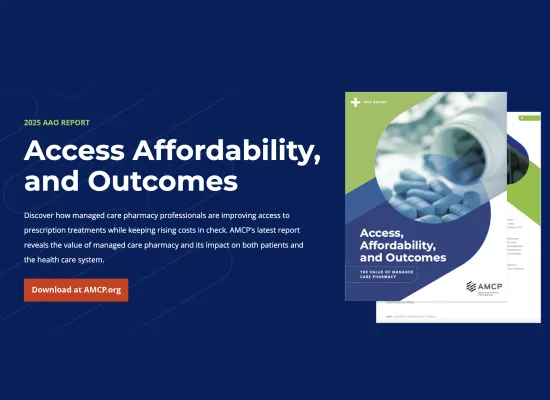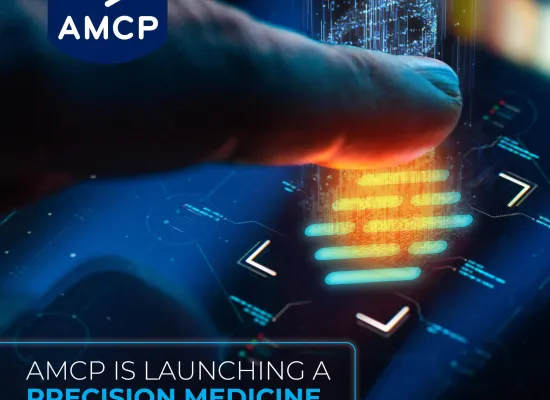
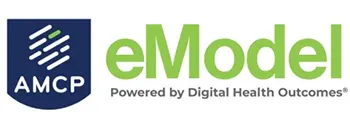
AMCP eModel is the ultimate tool for communication of health economic models and value evidence. Find out more about the new ePoster offering through this tech partnership and platform to support the exchange of clinical and economic information between pharmaceutical companies and payers.

AMCP partners with FormularyDecisions to enhance information sharing and formulary decision-making by creating a platform for current, credible, and compliant information exchange between life science companies and active, qualified healthcare decision-makers.
Featured

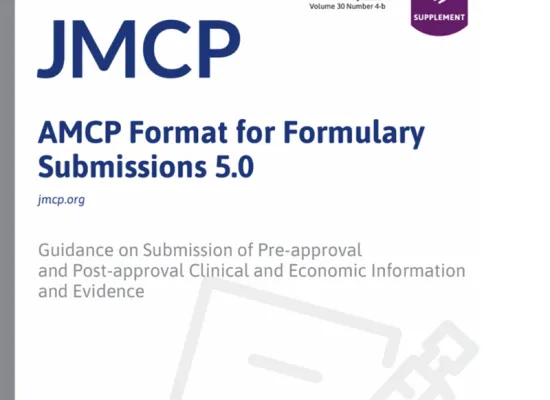


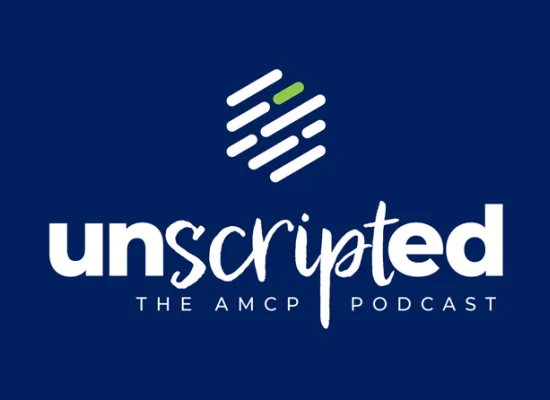
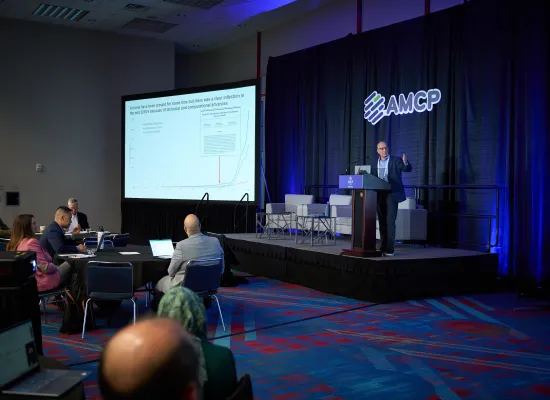
-
Health Information Technology Resources
-
Digital Therapeutics Resources
-
Health Disparities Resources
-
Value-Based Contracts Resources
Meetings Proceedings & Findings
View More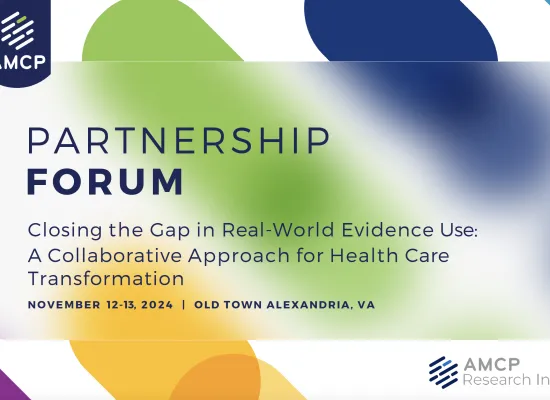
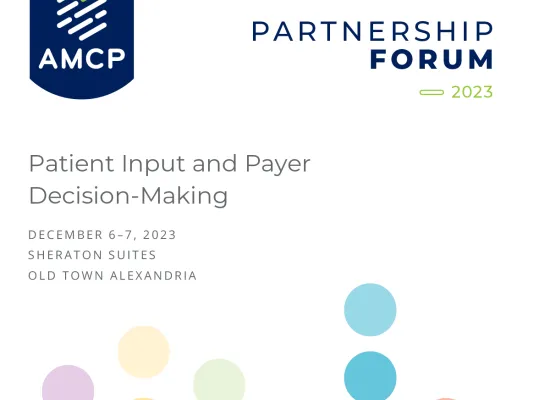

Latest News & Resources
Population health management (PHM) is a key concept in managed care. Improving population health, enhancing the patient experience, and reducing per capita cost are the primary goals of a philosophy called the Triple Aim. PHM extends beyond healthcare organizations, requiring the cooperation of other types of institutions, such as public health departments and social service entities.
The purpose of outcomes research per the Patient Centered Outcomes Research Institute (PCORI) is to assist patients, clinicians, purchasers and policy makers in making informed health decisions by advancing quality and relevance of evidence. The Agency for Healthcare Research and Quality (AHRQ) defines the purpose of outcomes research as a tool to provide evidence about benefits, risks, and results of treatments so clinicians and patients can make more informed decisions.
Health plans, employers and government-sponsored health care programs are focusing their attention on optimizing patient outcomes through the use of medications that have established evidence of efficacy and safety, while providing the highest value.
Disease management is the concept of reducing health care costs and improving quality of life for individuals with chronic conditions by preventing or minimizing the effects of the disease through integrated care. Disease management programs are designed to improve the health of persons with chronic conditions and reduce associated costs from avoidable complications by identifying and treating chronic conditions more quickly and more effectively, thus slowing the progression of those diseases.
Congress passed the Health Insurance Portability and Accountability Act (HIPAA) in 1996. Within that Act are privacy provisions with which covered entities (including all health plans, health care providers and health care clearinghouses [e.g. PBMs] that transmit any health information in electronic form must comply. HIPAA rules provide guidance to covered entities about how to comply with the Act.

AMCP believes that payors must have the flexibility to use mail service delivery of prescription drugs as a component of their prescription drug benefit.
Press Release: Focusing on what’s best for the patient, leveraging technology to perform real-time benefit checks, and developing trust and transparency among stakeholders are some of the suggestions to emerge from AMCP’s recent Partnership Forum on “Optimizing Prior Authorization for Appropriate Medication Selection.”
Common managed care terms and their meaning.
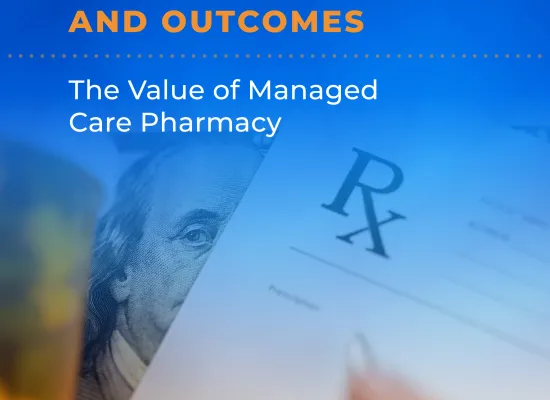
Managed care pharmacy and prescription drug coverage is a growing part of the American health care sector. AMCP launched the annual Access, Affordability, and Outcomes report to raise awareness of the existence, prevalence, and importance of managed care pharmacy.
Learn how managed care pharmacy can play a vital role in patient-centered medical homes.
List of Forum topics for 2019. For additional information, contact: AMCP’s Strategic Alliances & Corporate Services Office | busdevelopment@amcp.org | (703) 684-2616
AMCP letter to Congressional Leadership asking for the inclusion of 42 CFR Part 2 provisions and Medicare fraud, waste and abuse protections in a final opioid conference report
